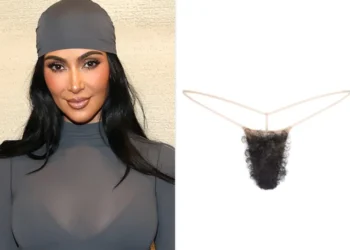Two TikTok content creators in Kano State face an unprecedented court directive requiring them to marry each other within two months or risk being held in contempt.
Magistrate Halima Wali issued the extraordinary order on Monday, targeting Idris Mai Wushirya and Basira Yar Guda following their prosecution for allegedly producing and sharing obscene content on social media.
The ruling stems from multiple viral videos featuring the pair in romantic scenarios that the Kano State Films and Video Censorship Board deemed violations of state censorship regulations. According to officials, the content contained sexually suggestive material that contravenes laws governing public decency in the state.
The magistrate’s order places the Kano State Hisbah Board in charge of supervising the marriage arrangements. The Islamic morality enforcement agency has been given authority to ensure compliance with the 60-day deadline.
Both influencers were brought before the court weeks ago after censorship authorities flagged their online content. An official from the board justified the prosecution by arguing that such material damages societal values and negatively influences young people.
“Such behaviour undermines the values we stand for and sets a dangerous example for the youth,” the official stated in an interview with Punch.
This is not Mai Wushirya’s first brush with the law over his content. He previously spent time in a correctional facility on similar charges, while Yar Guda underwent questioning by the censorship board before formal charges were filed.
The controversial judgment has sparked heated debate among Kano residents about the boundaries of state authority in private matters.
Aliyu Salisu, a Kofar Nassarawa resident, defended the court’s position as culturally appropriate. He argued that Islamic principles encourage modesty and that public displays of affection should lead to legitimate marriage. “If they have gone this far publicly, it is only right they are joined in marriage,” he said.
However, Zainab Ahmed from the Hotoro area sharply criticized the directive as government overreach. She contended that while authorities have the right to caution or fine offenders, mandating marriage crosses a legal and ethical line.
“The government can caution them or penalise them, but forcing marriage is not the solution. Morality should not come through compulsion,” Ahmed argued.
Neither Mai Wushirya nor Yar Guda has issued any public statement regarding the marriage order. It remains unclear whether they intend to comply with the court’s directive or pursue legal options to challenge the ruling.



















